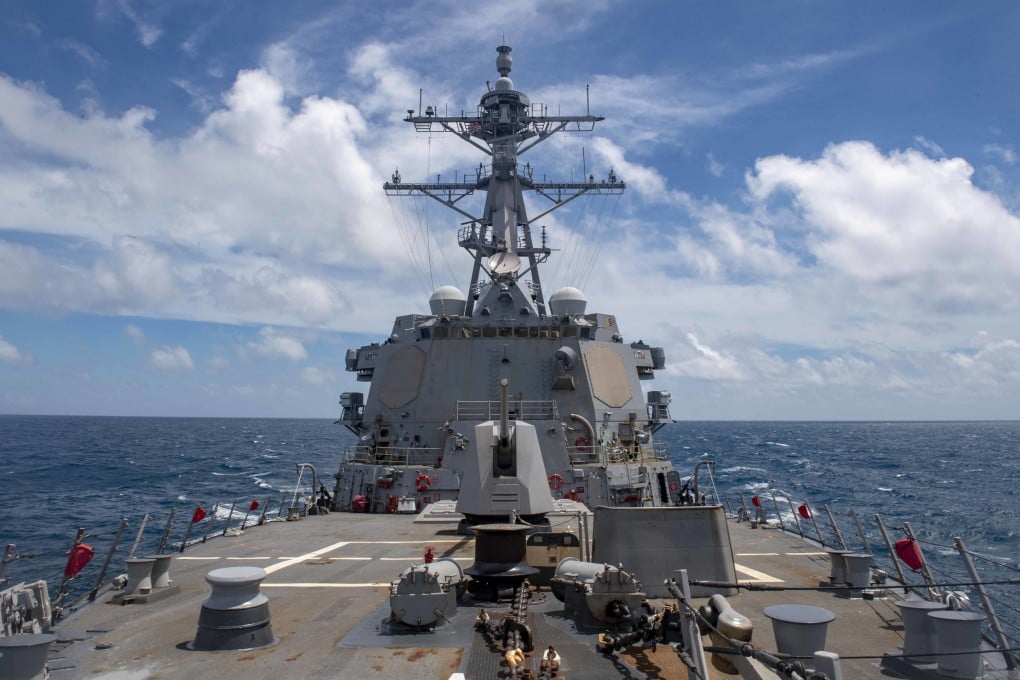Advertisement
China Briefing | The US risks forcing China’s hand on Taiwan
- The US has in recent weeks increased its official contact with Taipei and ramped up activities in the Taiwan Strait
- But by deepening its engagement with the island, Washington could force Beijing’s hand and bring on the very attack it seeks to prevent
Reading Time:4 minutes
Why you can trust SCMP
99+

Over the past few weeks, China and the United States have ramped up their dangerous high-stakes game in the Taiwan Strait amid rising fears that Beijing may invade the island much sooner than expected.
On Wednesday, China announced it would begin a six-day live-fire exercise in waters off Taiwan’s southwest coast on Thursday, the same day Taiwanese President Tsai Ing-wen met a delegation of former US politicians sent by President Joe Biden in a trip described as “a personal signal” of his commitment to Taiwan and its democracy.
The drill came after 25 Chinese fighter jets and nuclear-capable bombers breached Taiwan’s air defence identification zone on Monday, the largest reported incursion into Taiwanese airspace so far.
A week earlier, China’s Liaoning aircraft carrier undertook exercises off the east coast of Taiwan, shadowed by the USS Mustin destroyer, while the USS Theodore Roosevelt carrier strike group also entered the South China Sea as part of what the US called its “routine operations”.
Advertisement
The American and the international media have firmly and squarely pinned the blame on China for ratcheting up tensions and provocations as well as raising fears of a military action against Taiwan.
But as the saying goes, it takes two to tango. Washington is also to blame for China’s increased military posturing towards the island, as it has shown signs of intending to play the Taiwan card as a key feature of its comprehensive geopolitical tussle with China.
Beijing has long maintained that the Taiwan issue is the most critical and sensitive element underpinning bilateral ties, and also the most vital red line that Washington should not cross.
Advertisement
Select Voice
Select Speed
1.00x

